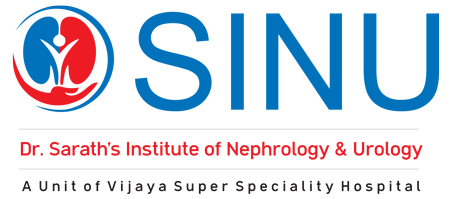What is acute and chronic kidney disease?
When kidneys stop performing functions like filtering toxins and excess fluid out of the blood, controlling blood pressure, producing red blood cells and control calcium absorption then it can be called as Kidney failure. Get the kidney disease treatment from Dr. G. Sarath Babu.
- Acute kidney failure comes on quickly and is often curable. Patients experiencing acute kidney failure are placed on a special diet, fluid restrictions and temporarily dialysis until their kidneys heal. With treatment, kidney function may return to normal.
- Chronic kidney failure, on the other hand, comes on slowly and generally leads to long-term dialysis. Once the disease has progressed and kidney function is down to 10% – 15%, dialysis is usually required. Dialysis performs some of the functions of healthy kidneys but is not a cure for kidney disease. Generally, the patient will need to have dialysis for the rest of his or her life or receive a kidney transplant.
What are the causes of kidney injury?
The main reasons your kidneys fail all of a sudden are:
- Something is stopping blood flow to your kidneys. It may be because of
An infection Liver failure Medications (aspirin, ibuprofen, naproxen, or COX-2 inhibitors like Celebrex) Blood pressure medications Heart failure Serious burns or dehydration Blood or fluid loss - You have a condition that’s blocking urine from leaving your kidneys. For example Bladder, cervical, colon, or prostate cancer Blood clots in your urinary tract An enlarged prostate Kidney stones Nerve damage in your bladder Something has directly damaged your kidneys, like: Blood clots Cholesterol deposits
- Medications that can damage kidneys like NSAIDs like ibuprofen and naproxen, chemotherapy, and antibiotics
What are the Kidney Failure Symptoms?
The symptoms depend on low functioning of kidneys. Symptoms may include:
- Peeing less than normal
- Swelling in your legs, ankles, and feet
- Feeling drowsy or very tired
- Shortness of breath
- Itching
- Joint pain, swelling
- Loss of appetite
- Confusion
- Chest pain or pressure
- Muscle twitching
- Seizures or coma (in severe cases)
- Stomach and back pain
- Fever
- Rash
- Nosebleed
What is the treatment for Kidney Diseases?
Treatment for acute kidney failure includes the intensity of the illness or injury that originally damaged your kidneys. Treatments that help prevent complications include:
Restoring renal blood flow: Fluid replacement is the simplest way of achieving this. Restoration of renal perfusion is the goal in the treatment of pre-renal causes of acute kidney injury. However, post-renal obstruction first needs to be excluded.
Treating urinary obstructions: This is necessary to prevent irreversible kidney damage and for patient comfort. Obstruction relief is the goal of treatment in patients with post-renal acute kidney injury. A urethral or suprapubic catheter will relieve obstructions located at the level of the urethra or bladder, respectively. Once relief of the obstruction has been achieved diuresis may occur, requiring the patient's fluid and electrolyte balance to be monitored.6
Medicine review: A complete medicine review should also be undertaken either in primary or secondary care as appropriate. Patients with acute kidney injury should discontinue non-essential, nephrotoxic medicines, e.g. NSAIDs.
Lifestyle modification to reduce future risk: Healthy lifestyle choices that can be made to reduce their risk of a recurrence. Limiting Salt intake, reducing consumption of processed meats and other high-salt food etc are advised.

